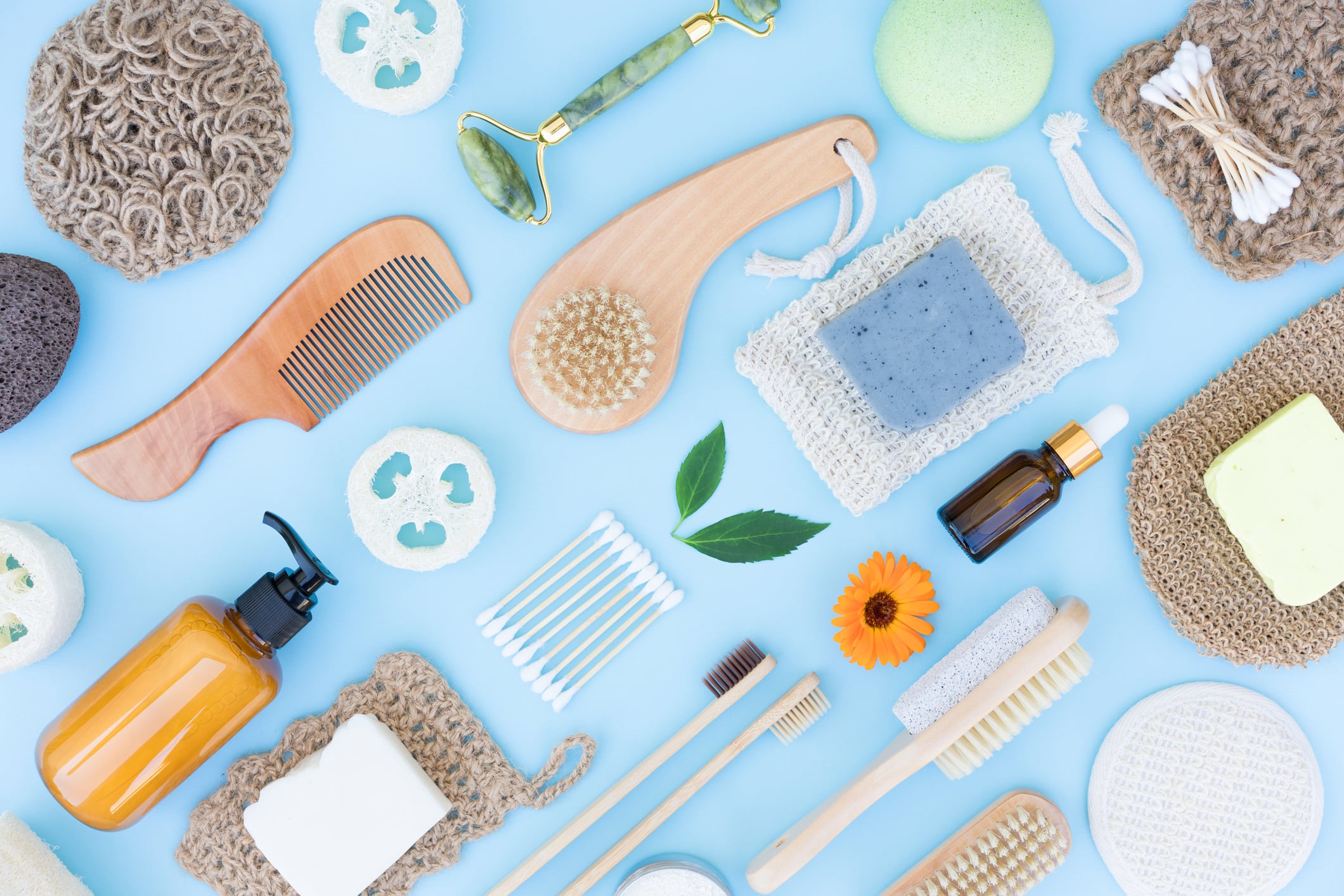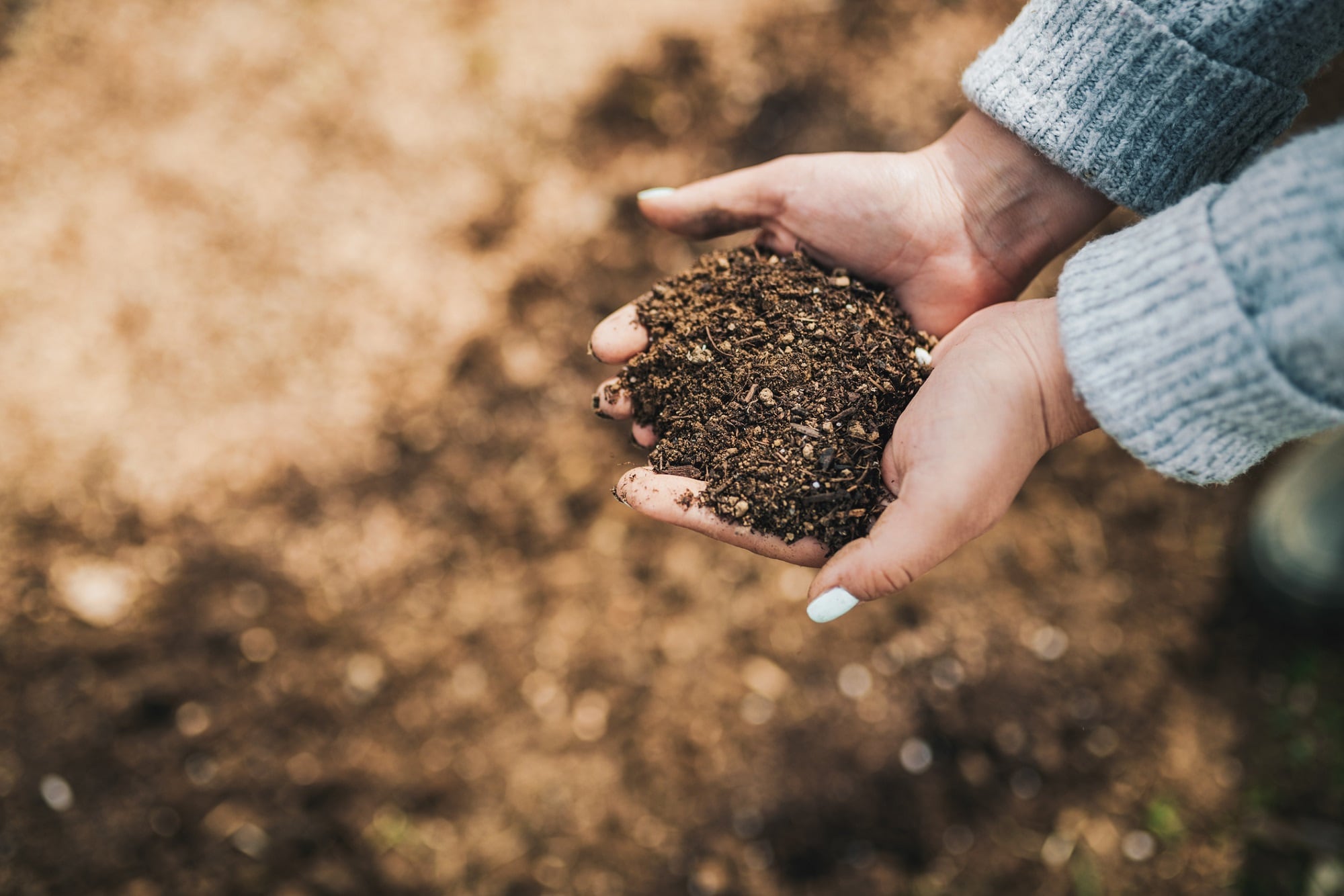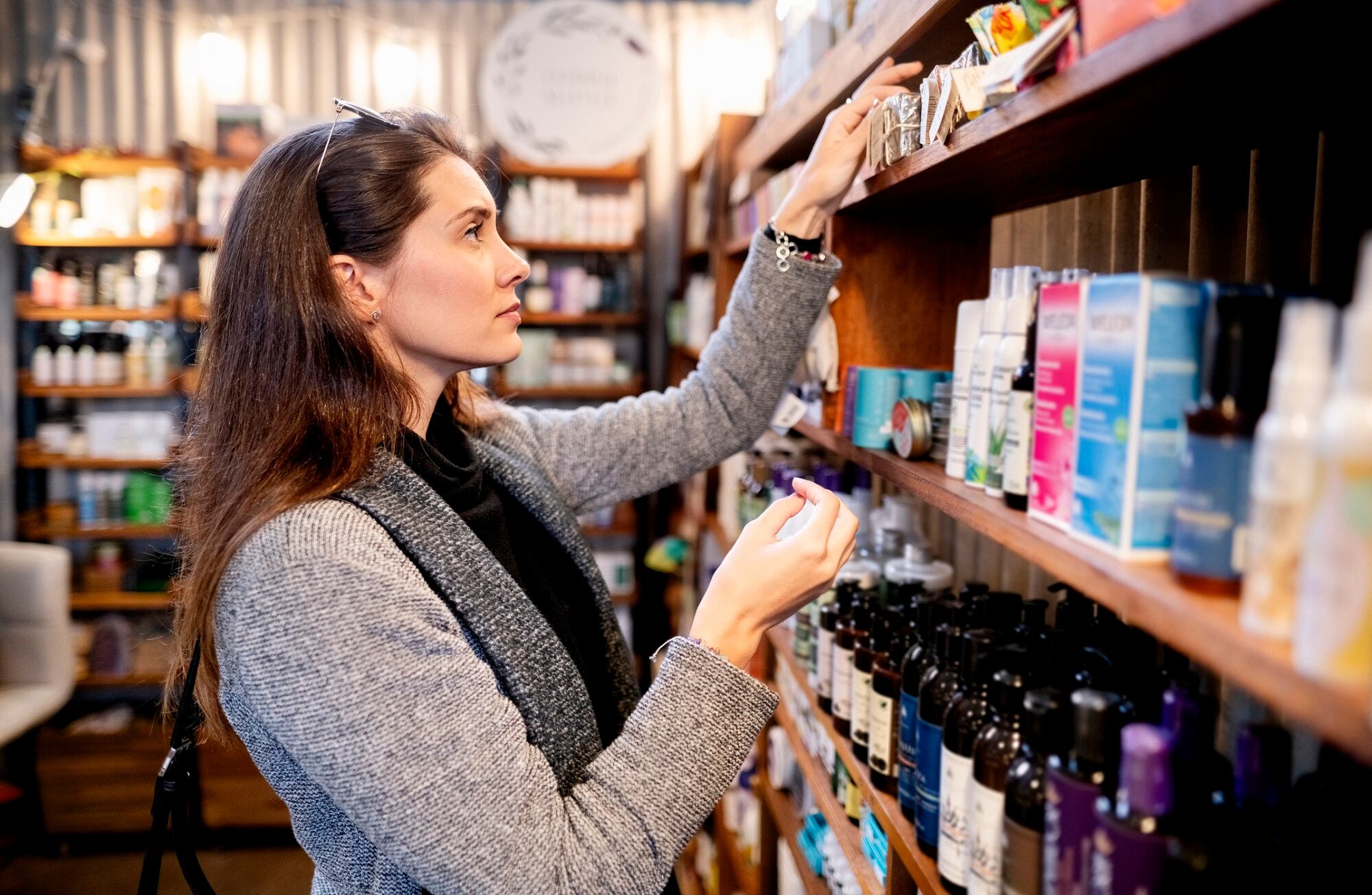On the second day of the upcoming Sustainable Cosmetics Summit in New York City, CosmeticsDesign US will moderate a panel discussion as part of Session Three: Future Trends. This session will examine emerging developments with the potential to drive sustainability across the beauty and personal care sector, focusing on topics like regenerative agriculture, next-generation recycling technologies, the use of innovative, lower-impact materials, and the growing role of artificial intelligence in advancing product personalization.
The Sustainability Merits of New Technologies panel will bring together executives and innovators from across the industry to assess how new technologies are contributing to and challenging sustainability goals. Speakers include Sourabh Sharma of FIG OR OUT, Mehmet Bereket of PulpoAR, Chad Conger of GlycosBio, Tom Szaky of TerraCycle, and Vikram Pandit of Phycus Biotechnologies Inc.
The panel will focus on practical applications, measurable benefits, and the broader implications of tech-driven change in the cosmetics industry. We spoke with the panelists ahead of the summit to gather some of their most significant insights, which will inform the discussion.
CDU: What new technologies are having most impact on cosmetic products?
Vikram Pandit (Phycus Biotechnologies Inc.): We’re seeing significant impacts by using biotechnology and precision fermentation to make ingredients. As a result, we’re seeing a shift from petrochemical-based and plant-extracted ingredients to lab-cultivated actives using precision fermentation.
These technologies offer consistent purity, lower environmental impact, and can unlock rare or previously unsustainable ingredients. Part of this also means being able to use novel starting materials from agriculture or food waste, like waste oils, coffee grounds, or wood saw dust, to create high-value cosmetic actives
Of course, AI-powered product formulation and personalization are also taking place. Whether this means using AI to design customized skincare routines, predict ingredient synergies, and develop novel formulations more efficiently. It enables both personalization for consumers and speed-to-market for brands.
Advances in encapsulation and delivery systems are also occurring, which improve the stability and efficacy of active ingredients. Helping them penetrate the skin better and release over time. Of course, this can mean using fewer ingredients, which also has a sustainability element.
Mehmet Bereket (PulpoAR): Artificial intelligence is revolutionizing product development through consumer preference analysis, and personalized recommendations and formulations. A number of brands use AI for skin analysis and custom foundation matching, demonstrating how algorithms can reduce waste from unsuitable products while optimizing ingredient efficacy.
CDU: What do you see as the sustainability benefits of these new technologies?
Vikram Pandit (Phycus Biotechnologies Inc.): Broadly, we see a lower carbon footprint by using fermentation-based and upcycled ingredients. This is a result of less land, water, and energy than traditional agriculture or petrochemical processes, which significantly reduce emissions.
Resource efficiency is another aspect, as upcycled ingredients give a second life to waste streams, maximizing resource utilization and reducing landfill burden. These waste streams have been present for a long time, allowing for a consistent and scalable supply that is not subject to seasonal variability.
Of course, cleaner labels and claims that are free from controversial chemicals also support brand marketability and positioning.
Mehmet Bereket (PulpoAR): AI-driven personalization reduces product waste by ensuring better consumer-product matching. When products are selected or formulated specifically for individual needs based on accurate recommendations, there’s less of a likelihood to end up with unsuitable products.
CDU: Any other points you would like to add about new technologies?
Sourabh Sharma (FIG OR OUT): A key consideration is balancing innovation with transparency and consumer education. Many of these technologies operate behind the scenes, yet consumers, especially Gen Z and Gen Alpha, are demanding visibility into how products are made and what makes them “clean” or “green.”
There’s a risk of greenwashing if brands adopt tech-forward sourcing or formulation without clear communication. As someone who has led thought leadership and marketing for sustainable beauty products, I see an opportunity for storytelling to bridge the gap: demystifying biotech, celebrating ingredient traceability, and using social media as a platform for both education and advocacy.
New technologies are only as powerful as the trust they build with consumers, and it’s up to marketers, creatives, and sustainability champions to bring that trust to life.
Chad Conger (GlycosBio): One thing that has dawned on me more recently is how often cosmetic products serve as the first line of care for people noticing a change in their health. This is probably most notable in the skin.
Whether it’s early eczema, irritation, or acne, consumers typically turn to over-the-counter products before seeking clinical treatment. That gives us, as brands, formulators and ingredient innovators, a unique responsibility—and opportunity—to help improve the lives of those customers on their personal journey.
We’re also seeing a clear path toward personalization. With platforms using AI and advanced production technology, we can now design products tailored to specific skin types, barrier conditions, or microbiome profiles—moving from one-size-fits-all to solutions that actually meet the skin where it is.
Ultimately, innovation in cosmetics isn’t just about what’s new—it’s about what’s needed. And right now, what’s needed are technologies that deliver better outcomes: for skin, for health, and for the environment.
For more information on the upcoming Summit or to register, click here.





